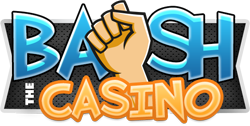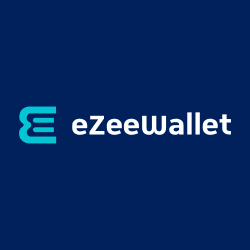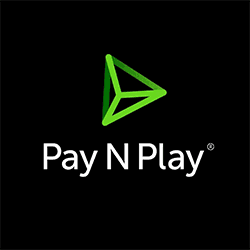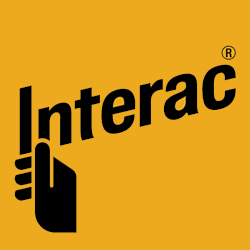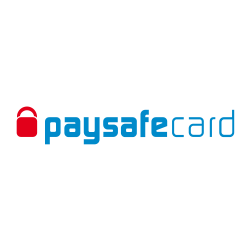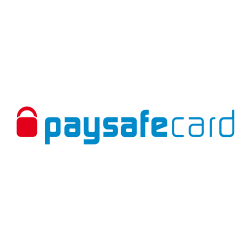Archives: Payment Options
Bank Wire
Wire Transfer Wire transfer, or credit transfer as it is also known, is a way of transferring funds from one person or institution to another by electronic means. Wire transfers can be made between bank accounts, or through a transfer of money at an appropriate financial office. There is a wide variance of options relative … Read more
Cheque
Cheque payments Cheques (or Checks in US English) are small documents that give order to banks to pay money from a bank account. The person who writes the cheque is known as the drawer, and must have a transactional bank account against which the cheque is drawn. The cheque usually contains the amount to be … Read more
QuickPay
Quick Pay Quick Pay is a electronic payment system that has been created by the leading US company Western Union. The Quick Pay system links a customer’s Western Union account to the merchant account that the customer wishes to pay. The money needed to settle the transaction is paid into the Western Union account, either … Read more
BACS
BACS BACS is a scheme for the automated electronic processing of financial transactions within the UK. BACS previously stood for Bankers’ Automated Clearing Services, but now ‘BACS’ is the name of the system in its own right. All direct debits from customers to merchants and direct deposits are made using the BACS system. BACS payments … Read more
Visa Electron
Visa Electron Visa Electron is a debit card that’s used across most of the world, with the exception of Australia, Canada, Ireland and the United States. These four countries just use the usual Visa Debit card, and indeed the Visa Electron card was introduced in 1985 as a sister card to the Visa Debit card. … Read more
Western Union
Western Union Western Union is a communications and financial services company based in the United States, with its headquarters in Meridian, Colorado. It is one of the most well-known and longest-surviving companies in the USA, have been in business since its founding in 1851. Western Union first came to prominence in the last 1800s when … Read more
Mastercard
Mastercard Mastercard, or Mastercard Worldwide to give the company its full name, is an American multi-national financial services organisation. The company was founded as ‘Master Charge : The Interbank Card’ in 1966, and was renamed Mastercard in 1979. Mastercard owns the brands Mastercard, Maestro and Cirrus, and along with Visa and American Express is one … Read more
Maestro
Maestro Maestro is a multi-national debit card system that is owned and administered through Mastercard. Maestro cards are debit cards that can be used to make real world purchases, debiting the required funds via the card owner’s bank account. Cards are issued along with a PIN number which allows transactions to be made via a … Read more
Paysafe Card
Paysafecard Paysafecard is an electronic money system that’s mostly used for making online purchases, and is based upon a pre-paid system. Consumers purchase a paysafecard for a fixed amount, and the card is loaded with an designated about of money. Each paysafecard has a specific 16-digit number that identifies it uniquely. The card can be … Read more
UKash
Ukash Ukash is an electronic money system in which people can exchange cash in the real-world environment for an electronic code that they can then use to make online purchases. Each code is unique and can be used for eWallets, loading online payment cards or transferring money online. Codes can be obtained from retail locations … Read more
PayPal
PayPal PayPal is the world’s leading international e-commerce company, allowing money transfers and payments to be made over the internet. It is a US-based company and as such, is subject to the USA’s economic sanction list and other regulations as stipulated by the US legal system. As a financial institution, PayPal is classed as an … Read more
Skrill
Skrill Skrill is one of the leading global e-commerce brands, and provides an internet payment service for online purchases and monetary transfers. It currently rivals PayPal and Neteller as the number one provider of eWallet solutions. Skrill allows customers to make payments online without incurring substantial fees. Merchants can accept internet payments via the Skrill … Read more
Neteller
Neteller Neteller is an eWallet service that’s owned and operated by the Isle of Man company Optimal Payments PLC. Neteller is the most popular method of transferring money to and from online gambling companies, and is the second-most popular eWallet transaction service in the world behind PayPal. As a payment system, Neteller is accepted across … Read more
Visa Debit
Visa Debit Visa Debit is one of the major brand names in the world of personal financial transactions. Visa Debit cards are issued in countries all over the world, by banks and other institutions. Visa Debit cards allow customers to pay for retail items and services both in real-world stores and online, with the money … Read more
